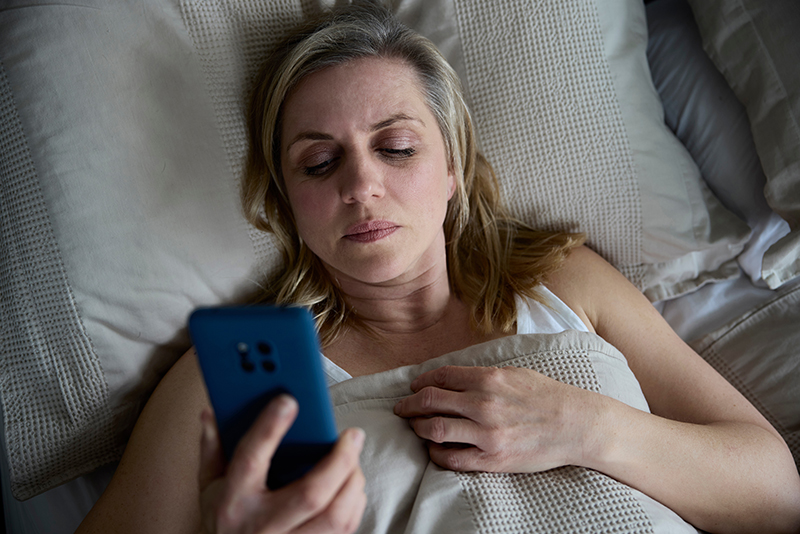
Repeated episodes of extremely heavy sweating, while you sleep, are known as night sweats. Even though some nighttime perspiration is common, night sweats are typically heavy enough to soak your pajamas, nighttime attire, or bedding. They can cause sleep disturbances and are typically fairly uncomfortable. Men and women can experience night sweats, and 10–14 percent of seniors and up to 41 percent of individuals report experiencing severe nighttime sweating.
Medical Offices of Manhattan’s medical director and board-certified physician Denise Pate, MD, elaborated on nocturnal sweats in a recent article.
There are numerous causes for Night Sweats, these include:
Sleep Disorders – While researchers aren’t quite sure if the condition directly contributes to night sweats, research shows that up to a third of people with obstructive sleep apnea (OSA) experience regular night sweats.
Medications – Antidepressants, painkillers, diabetic drugs, and steroids are typical medications that can make you perspire during the night.
Infections – Night sweats can also be brought on by a number of illnesses and infections, such as HIV, fungal infections, osteomyelitis (a bone infection), endocarditis (a heart valve infection), and tuberculosis.
Hyperthyroidism – Sweating can occur when the thyroid gland is overactive and producing excessive amounts of thyroid hormone, which can increase body warmth and metabolism.
Cancer – A side effect of certain cancer therapies or a sign of some types of malignancies is night sweats.
Stress – Emotional stress can lead to an increase in your heart rate and respiration. If you are feeling emotional stress before bed, it can cause night sweats.
Alcohol – if you have an alcoholic beverage before bedtime, your body will try to metabolize the alcohol, which can make you sweat while you sleep.
Your sleep environment – Your bedroom’s temperature, the fabric of your pajamas, and the number of blankets on your bed are just a few factors in your home that can affect how likely you are to perspire at night.
There are certain adjustments you may make to your sleep environment and daytime lifestyle that may help if your night sweats are not interfering with your daily activities or the quality of your sleep. Here are some expert-recommended tips to get relief from night sweats:
- Keep your bedroom cool.
- Use a fan or crack open a window.
- Wear clothing that’s made from breathable and moisture-wicking fabrics.
- Use moisture-wicking bedding.
- Stay hydrated.
- Limit caffeine, alcohol, and spicy foods before bed.
- Practice relaxation techniques.
Night sweats aren’t necessarily a cause for concern if they only occur rarely and don’t interfere with your sleep or quality of life. However, if the aforementioned modifications are ineffective and your night sweats appear to be getting worse or more frequent, it’s time to consult your doctor, especially if it’s interfering with your ability to sleep.


